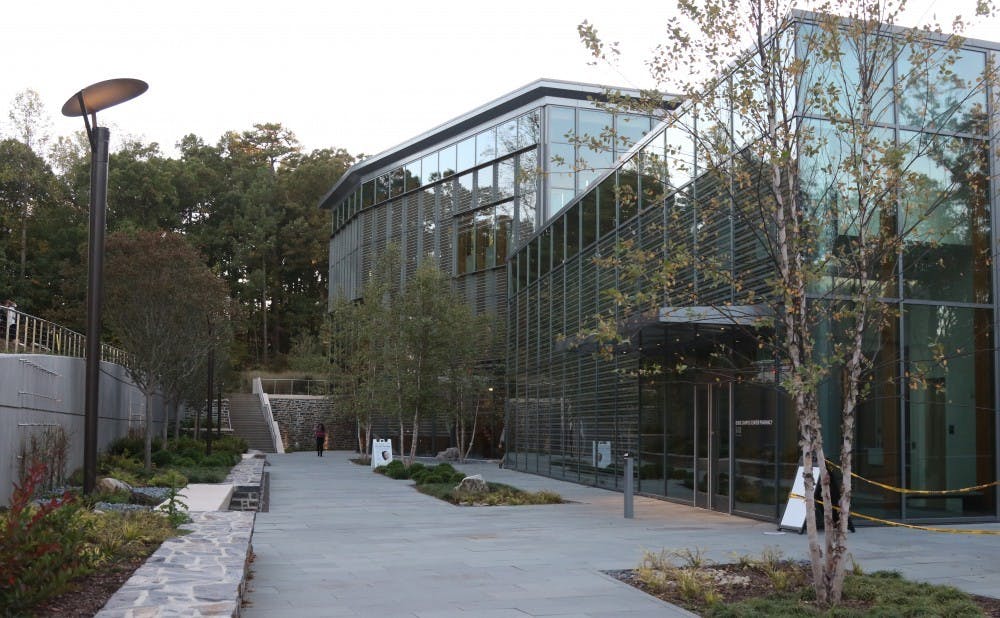The first day of classes is just under a week away. Here’s what you need to know about Duke’s COVID-19 protocols for move-in and the semester.
Do I need to take a COVID-19 test before I arrive on campus?
You must get a negative result on a PCR test before arriving at Duke. Receiving a negative result within 72 hours of arrival is preferable, but not required.
You are not required to submit test results to the University, but “participation is considered part of the Duke Community Standard,” according to an Aug. 16 email sent to students, faculty and staff.
If your PCR test comes back positive, you must contact Student Health and delay your arrival until cleared by Student Health.
There will not be any on-campus arrival testing.
What will masking look like?
Don’t throw out your masks yet. While not required in most indoor and outdoor locations on campus, masks are still required on Duke transit and in all clinical settings. Masks are also required in classrooms.
As Durham remains high in community risk for COVID-19 transmission, masks will remain mandatory in classrooms. The requirement for masks in classrooms will stop once the community risk in Durham drops below high for two consecutive weeks.
Where can I get a COVID-19 test on campus?
Testing is not mandatory for students, faculty and staff, continuing with the University’s decision to end surveillance testing last semester.
However, symptomatic and asymptomatic testing remains available for those who need it. Members of the University community can get an asymptomatic test if they “[believe] they may have been exposed to someone with COVID,” according to the Aug. 16 email.
West Campus locations for asymptomatic are the Bryan Center, Levine Science Research Center and the Washington Duke Inn. On East Campus, tests are available in the Friedl Building.
If you are exhibiting symptoms of COVID-19, you should not go to class or report to work. Instead, you should notify Student Health or Employee Occupational Health and Wellness who will “advise where individuals should be tested,” according to the email.
What happens if I test positive on campus?
If you test positive for COVID-19 while at Duke, you are to “wear a well-fitted mask and isolate for a minimum of five days before returning to work or class” after reporting their results to the University. For Health Science students, the isolation period is extended to seven days “due to working in the healthcare environment,” the Aug. 16 email read.
After the isolation period, you are still expected to wear a mask in all settings for another five-days.
On-campus students will be required to isolate in their rooms and will not be moved to a separate housing location.
During the isolation period, roommates will be required to test and wear a mask. Those who are “medically high-risk for severe illness” and test negative may request separate housing during their roommate’s isolation period.
Do I need a second booster?
Duke has rolled back its booster mandate. At this time, except for those in the Duke University Health System and those employed on the compensatory payroll, students are not required to have a booster, though it is recommended.
All students are required to have completed a World Health Organization–approved series of the COVID-19 vaccine.
Editor's Note: This story was updated on Tuesday afternoon to reflect that students employed on the compensatory payroll are also required to have a booster.
Get The Chronicle straight to your inbox
Signup for our weekly newsletter. Cancel at any time.

Adway S. Wadekar is a Trinity junior and former news editor of The Chronicle's 119th volume.

